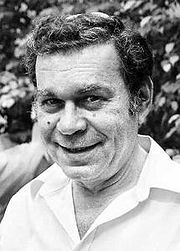A Quote by Bill Vaughan
Improving efficiency on the farm is not only a risk-reduction strategy, it's a profitability strategy.
Quote Topics
Related Quotes
Stated in the simplest terms, the recognized solution to the problem of foodborne illness is a comprehensive prevention strategy that involves all participants in the food system, domestic and foreign, doing their part to minimize the likelihood of harmful contamination. And that is the strategy mandated by FSMA. It is not a strategy that assumes we can achieve a zero-risk food supply, but it is a strategy grounded in the conviction that we can better protect consumers and the economic vigor of the food system if everyone involved implements reasonably available measures to reduce risk.
A good strategy is not always successful, but even an "inappropriate" strategy may be an actual strategy. A "bad strategy" is one that doesn't even try to address an important challenge. Instead, it speaks of aspirations, visions of the future, lays out performance goals, or simply lists a bunch of unconnected actions.
A good strategy focuses efforts on a target, and that focus can only be achieved by not diffusing energy in other directions - that is the meaning of Michael Porter's dictum of "choosing what not to do." At the same time, a good strategy chooses the right target to focus on, not wasting the focus of energy on a target that cannot be affected or that is unimportant - that is the meaning of Drucker's distinction between efficiency and effectiveness.
It is crucial to have a strategy in place before problems hit, precisely because no one can accurately predict the future direction of the stock market or economy. Value investing, the strategy of buying stocks at an appreciable discount from the value of the underlying businesses, is one strategy that provides a road map to successfully navigate not only through good times but also through turmoil.































